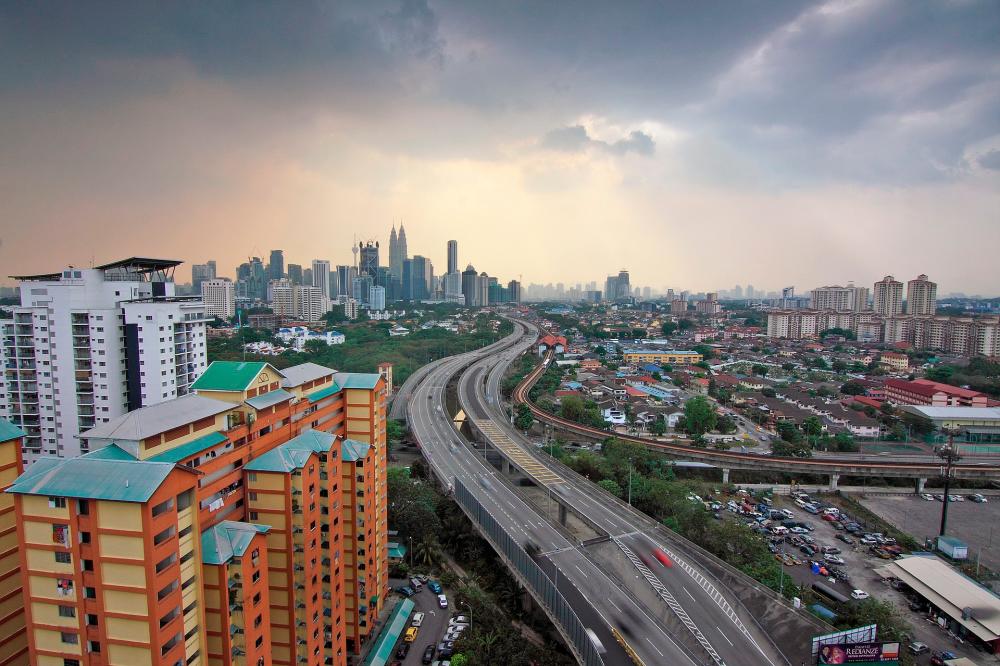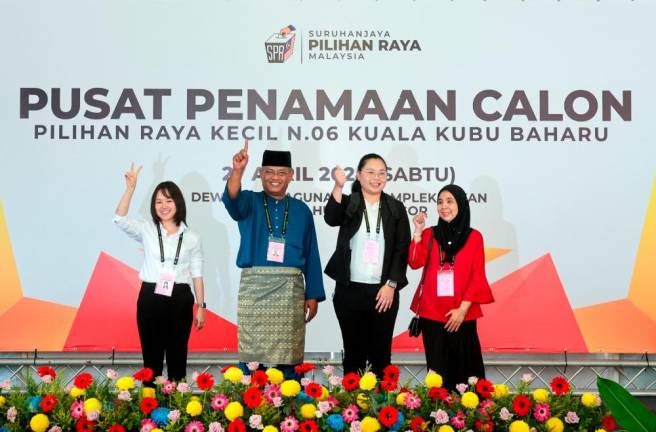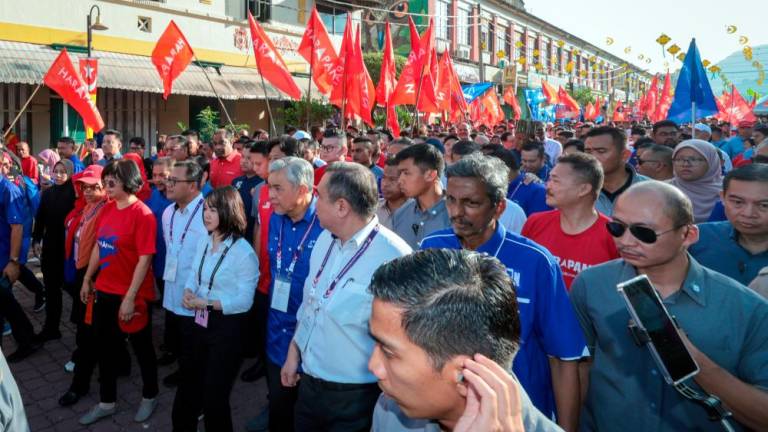by Mark Mathen Victor
Views of the urban young adult on wages and the demands of city life
After a long, arduous yet eventful year, having seen everything from the rise of Malaysians coming together to vote for a new government to rallying for improved social rights, this writer took some time to get personal with several young adults from the middle to upper-middle segments of city society, to talk about the “pressures” they face living in the Klang Valley.
Topics which revolved largely around their experiences and opinions on city lifestyles and the cost entailed to maintain it received responses that form an ideal representation of what is assumed to be faced by most Malaysians.
At what cost?
Ask any of today’s young urban workforce what’s their main predicament and they’ll tell you it’s money. Whether it’s not being paid enough; the profession in Malaysia that does not afford the same salary as one would attain abroad; to the country’s low GDP and slow economic growth; and the rising cost of living - money matters and is a major issue for many city folk.
“Everything is very expensive. Our pay is not high enough,” said 31-year-old Jo-Lin. “People value the quality of life, especially in the Klang Valley. The number of hours one works is way too much for what one earns. For the amount of work that one has do to, it’s like cheap labour.”
Sharing about his experiences during a trip to Perth, real estate negotiator Kerry Lee explains that the vast disparity between the living conditions in Australia and Malaysia provides a frame of reference for him, that puts the emigration of locals to the former into perspective.
“The 11 days I was in Perth worked out to be cheap. Here’s a simple example. You know the ready-made pasta that we can buy that you just need to boil? Over here it costs RM3 to RM4 a packet; over there, it is available at AUD65 cents.”
Currency exchange aside, this equates to the fact that someone living and working in Australia is able to afford something as basic as pasta for less than AUD1, while someone else living and working here in Malaysia has to chalk out three to four times the amount for the same thing. And in reference, we do not earn three to four times more than our Aussie “cousins”.
“In terms of housing, over there, people who just step into the workforce can afford to buy a house at AUD300,000 to AUD400,000. Whereas, over here, if you do not have RM600,000 to RM700,000, you do not need to talk about buying a house.
“It is crazy, and it explains why everyone wants to migrate - for better quality of life and cost of living,” Kerry opines.
“If you want to start a family here, it’s very tough. Now they say if both couples don’t work, it’s highly impossible,” he adds. And sadly, children have to pay the price of being “raised” by the domestic help or those luckier enough (to an extent), their grandparents.
“For those wanting a comfortable lifestyle for our families, the minimum wage here is too low. If I just want to survive and I don’t mind eating rice and curry minus the meat, I can, and I won’t go hungry. But how many of us are looking to living like this? Why should we? We all want a more pleasant and satisfying life,” points out Simon Lee who works as a sales and support engineer. He also co-hosts Fly Five-O with Alvin on Fly FM, dishing out house, electro and dance mixes for late night listeners. And he does this as a way to accrue a little more income.
“In our case, we pursue music as a passion, and it does generate some pocket money, but not enough as a full-time profession,” Simon adds.
Wage juxtaposition
Deeper into the disparity issue, comparing lifestyles in Malaysia and Australia, Kerry shares an observation, that residents from Down Under are not as career driven as Malaysians. But he was quick to explain where he was coming from.
“They don’t have to work that hard because they’re being paid fairly - not too low and not too high. I heard from a friend, if you work in retail - where you open the shop, work your eight hours, and close the shop at 5pm - you earn AUD20 to AUD30 an hour.
“(In Malaysia) who works in these places (retail)? It is the foreign labour. If you go to their (Australian) Giant Hypermarket-esque variant, like Kmart, you’ll see that it is all local labour,” Kerry asserts.
Where hard labour in the Klang Valley or Malaysia as a whole has Malaysians flocking to high-risk jobs, such as in the construction industry due to better wages, Australians are comfortable even if they are in retail, because they are fairly paid.
“And how much do you get paid an hour (in retail in Malaysia)? RM6? If you get RM10 an hour, you better grab it, no thinking twice. So, why are Asians in general so career-driven?” Kerry questions, cites and answers.
“Because if you aren’t career driven, you don’t get the kind of lifestyle that you want. You have to be ‘career driven’ to be in a better salary bracket.”
From different eras
As the interviewees were in their mid-20’s to mid-30’s, the conversation eventually shifts to the younger generation, particularly fresh grads and the difficulties they face on entering the workforce and “leaving the nest”.
“You need to understand that those from the younger generation, when they were in school, they already had ample access to things like McDonald’s and Starbucks. If you go to McDonald’s now, there are so many kids in school uniform. When I was in high school, I only went to McDonald’s on my birthday; it was a luxury. Now I walk into McDonald’s and kids are holding RM50 notes,” Kerry states.
Groomed according to the luxuries of the “privileged life”, these kids will go on to complete their studies with lofty expectations in mind.
“And when they graduate, do you think they will go for a job that offers them RM2,500? Everything is expensive and getting more expensive, but the salary is still stuck, unchanging. Today’s kids are exposed to this crazy lifestyle, from as young as 5- to 6-year-olds,” Kerry bluntly states.
Call it a circle, cycle or loop, but this Catch-22 situation continues, and no one seems to think that it can be easily broken, especially in the Klang Valley. Due to the dire state of everything in the country currently, one cannot expect to just raise wages or drop prices and assume a smooth state of growth and development immediately. Thus, the interviewees wager that we’ll be facing these difficulties, and in it for the long haul.
So are we left with Hobson’s Choice or can we look at things from a broader perspective and ask ourselves: Does living in the city provide a higher return on your investment (consider time and energy spent at work too)?; What type of “lifestyle” am I looking to attain in this urban concrete jungle?; Do I want it or do I need it? If so, why, and what good does it bring me (and my family)?; What are my alternatives, if not?
[must credit mention]
3. Image from pixabay.com
5. Image from pixabay.com










